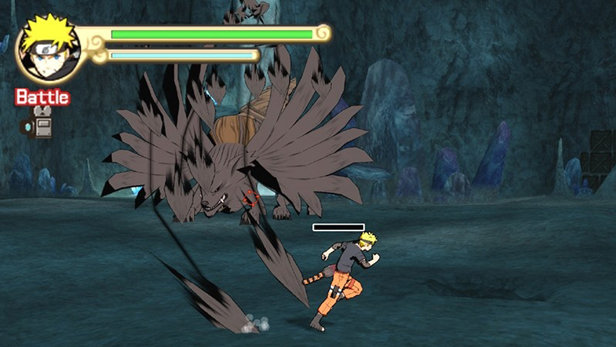Moskovkin Russkij Yazik

One morning came the post man and gave Carlito shock A letter from his uncle In Vladivostok Many russian cousins Carlito didn't know A family reunion Carlito has to go Hey, we're waiting for you The stars shine so bright in Moscow tonight We're dreaming of you What took you so long? We missed you Carlito Let's sing our song Russkij, pusskij, dance babusjki Da Da Da!
Carlito, Carlito, Carlito, Carlej All the stars over Russia are leading your way Carlito, Carlito, Carlito, Carlej You're welcome to Moscow, we want you to stay The Transsibirian railway moving like sputnik Carlito's eating caviar and feeling little prutnik The train must be kaputt Carlito can't go back He must play the balalajka and dance like a cossack.
Yazyk-russkij.ru is tracked by us since February, 2014. Over the time it has been ranked as high as 1 400 099 in the world. It was hosted by Hostinger shared hosting servers, RU-SERVICE Ltd ISP and others. Yazyk-russkij has the lowest Google pagerank and bad results in terms of Yandex topical citation index.
Contents • • • • • • • • • • • • • • • • • • • • • • • • Classification [ ] Russian is an of the wider. It is a lineal [ ] descendant of the language used in, a loose conglomerate of tribes from the late 9th to the mid 13th centuries.
From the point of view of, its closest relatives are,, and, the other three languages in the East Slavic languages. In many places in eastern and southern and throughout, these languages are spoken interchangeably, and in certain areas traditional bilingualism resulted in language mixtures such as in eastern Ukraine and in. 
Also Russian has notable lexical similarities with Bulgarian due to a common influence on both languages, as well as because of later interaction in the 19th and 20th centuries, although Bulgarian grammar differs markedly from Russian. In the 19th century (in Russia until 1917), the language was often called ' to distinguish it from Belarusian, then called 'White Russian' and Ukrainian, then called 'Little Russian'. The (mainly abstract and literary words), principles of word formations, and, to some extent, inflections and literary style of Russian have been also influenced by, a developed and partly russified form of the language used by the. However, the East Slavic forms have tended to be used exclusively in the various dialects that are experiencing a rapid decline. In some cases, both the East Slavic and the forms are in use, with many different meanings. For details, see. Over the course of centuries, the vocabulary and literary style of Russian have also been influenced by Western and Central European languages such as,,,,,, and, and to a lesser extent the languages to the south and the east:,,, and, as well as.
According to the in, Russian is classified as a level III language in terms of learning difficulty for native speakers, requiring approximately 1,100 hours of immersion instruction to achieve intermediate fluency. It is also regarded by the as a 'hard target' language, due to both its difficulty to master for English speakers and its critical role in. Standard Russian [ ]. See also: The language was first introduced in when voyaged into and claimed it for Russia during the 18th century. Although most Russian colonists left after the United States bought the land in 1867, a handful stayed and preserved the Russian language in this region to this day, although only a few elderly speakers of this unique dialect are left.